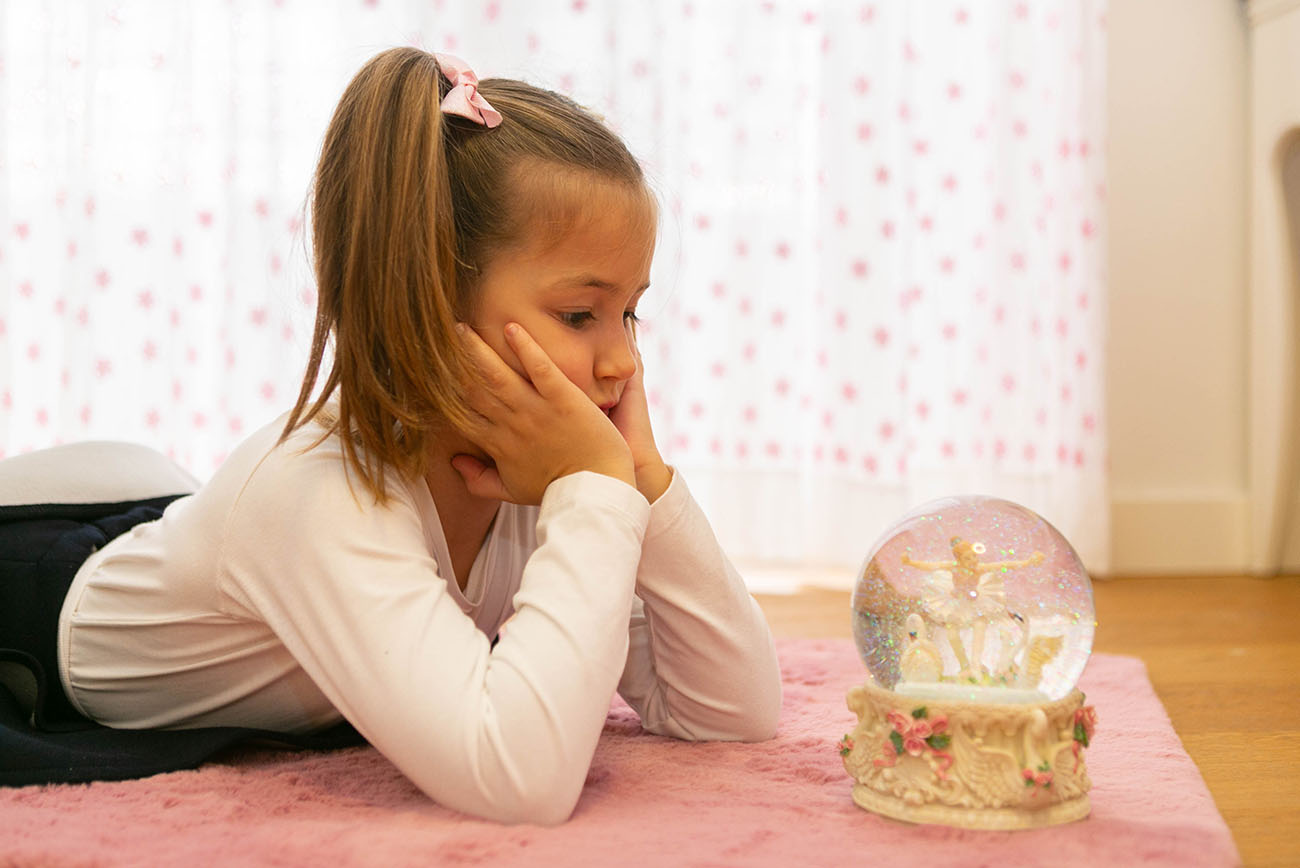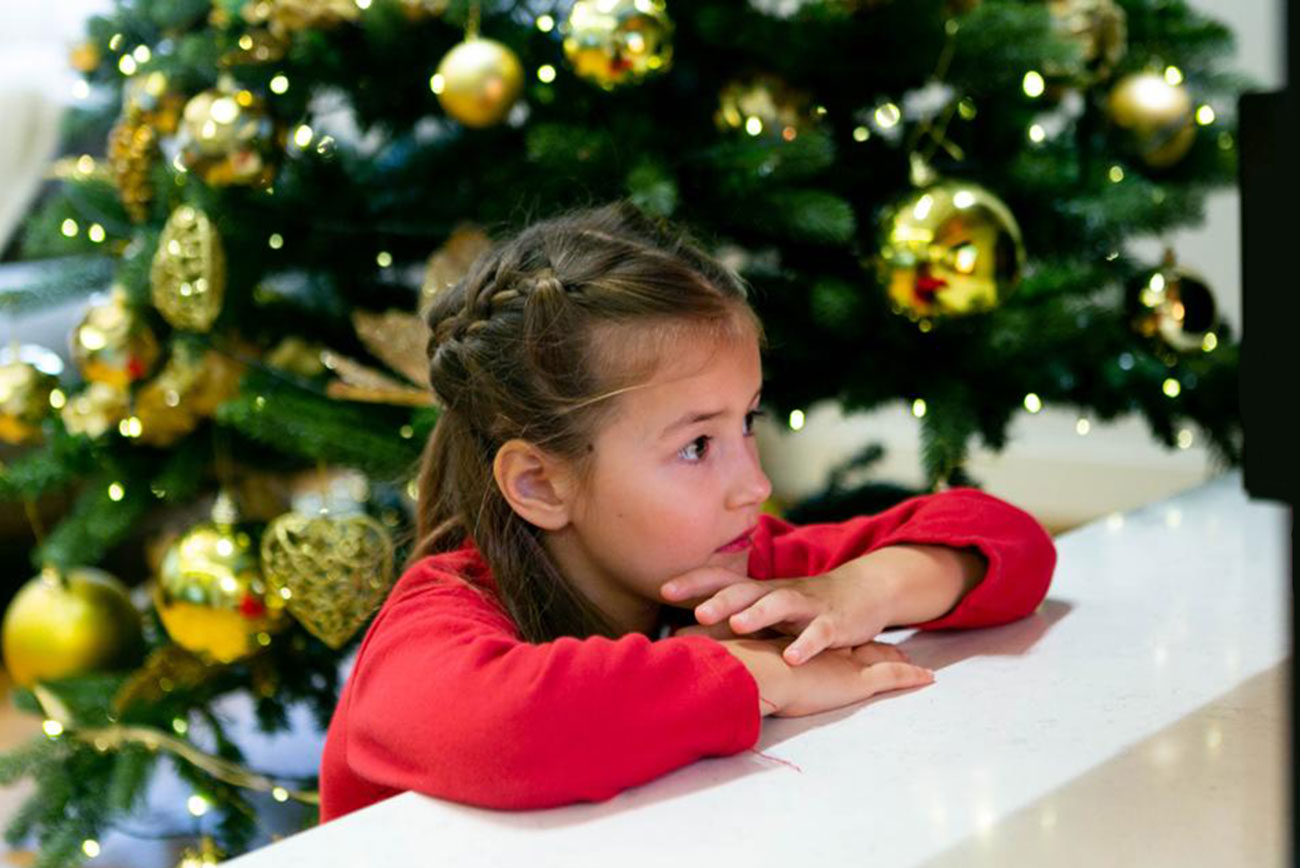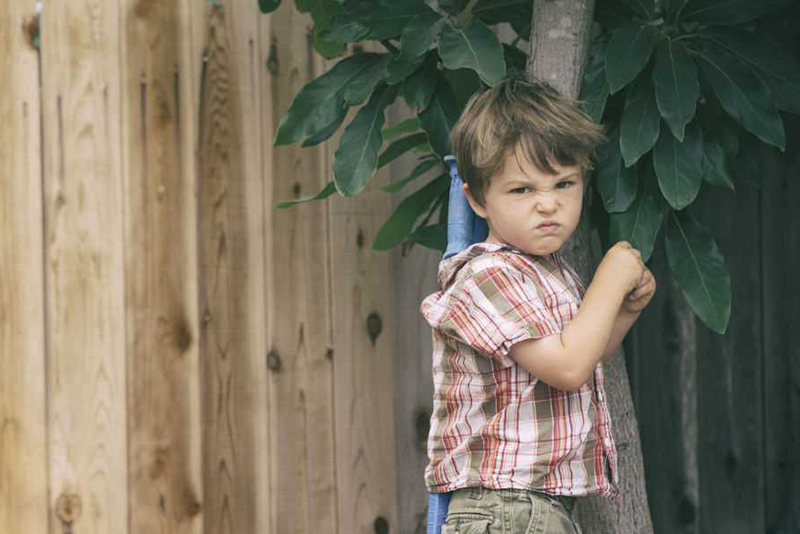“Have you ever apologized to your child? Isn’t it an exaggeration for an adult to apologize a kid?!”,”I felt so stupid that I slapped him. It was close, and I would start to apologize to him – and this is the worst thing you can do! “,” Are you kidding?! You don’t intend to apologize to him, he’s just a child, you’re his mother!” I hear these words from time to time, but I rarely hear an adult apologizing to a child or mentioning that he has apologized. Even those of us who sometimes apologize have doubts about whether this is not an educational mistake.
Many questions and dilemmas, but at some level, the thing is extremely simple: yes, you should apologize, because it is simply fair. The parent has the right to raise his voice, show anger, express his disappointment with the child’s behavior. However, there is no right – no one has the right – to beat, humiliate or insult another person, whether it is a student, spouse, son, daughter or colleague. When this happens, you have to apologize. Yes, a child too. I would even say that especially a child because we are responsible for them, and the most responsible of our tasks is to build a relationship with the child that will be a source of life patterns for him. A good relationship cannot be built without honesty and respect, and whoever is guided by honesty and respect apologizes when he is at fault. Perhaps that is why we are not willing to apologize to children because upbringing based on bonding is much more complicated than that based-on subordination and obedience. We often have a sentiment for the latter, how much clearer and unequivocal way of raising; anyway, it still works in many families and almost every school.
Upbringing is a mutual relationship: it is not only our development of a child but also the development of relationships with the child. We are the ones who bring up the child, not us, but our relationship develops for both of us. If we want to base our relationship with children, then apologizing is a way to strengthen it. An apology is a message to the child that his feelings are important, that he is important to the parent himself and that the parent does not want to hurt him; that their relationship with each other is important to the parent.
No apology, when the parent exaggerated, it’s like telling a child that I care more about your obedience than about a good relationship between us. That I value more than our bond is that you don’t forget that we’re not equal.
It’s easier to apologize in the family than outside. Apologies are associated with discomfort, some exposure, showing weakness, admitting it. It is never easy, but when we have important motivation – bond with our child – we can get it.
Magic word
Interestingly, even those (and maybe especially those?) Parents and teachers for whom it is unthinkable to apologize to children, consider the ability to apologize as an important and desirable feature. We don’t like it when someone can’t admit a mistake, we expect an apology when – intentionally or not – we are hurt or disappointed. We want to shape children’s ability to admit mistakes and apologize for them.
However, is it possible to raise a child who knows how to apologize without ever apologizing to him or herself by setting a good example? Can you learn something that you can’t do? It would seem that no. And yet, I was taught to swim by my non-swim dad – and all the children, even those who were never apologized by their parents, politely say “sorry” several times a day. What this is about?
It is important to apologize for specific behaviors – do not apologize for emotions, because they are not bad, even if they are difficult or unpleasant.
Leading by example is the most effective but not the only way to teach behavior. We teach apologies, prayers, and thanks, trying to train children’s habits; we expect them to learn to recognize when to use these “magic words”, we prompt them: “What do you have to say?”, “What is being said?” The thing is, the words ‘please’ and ‘thank you’ are much better suited to getting them into the habit than the word ‘sorry’ because they fall in more explicit situations. We expect the words “please” when a child wants to get something, and “thank you” when it gets something. Meanwhile, the words “I’m sorry” we demand from the toddler is difficult, unclear situations, whose common denominator is only that they are associated with strong emotions, among which regret and repentance are usually not central if they appear at all. We force him to “apologize” when rage and desire for revenge seethes in him when he is afraid of the adult’s reaction and the punishment announced by him, when he is angry and disappointed when he is overworked with excess stimuli, when he is amused and frisky, when something is too loud she demanded when she was surprised because something had unwittingly destroyed, etc. Full diversity, it is difficult for a child to find himself in it. They make him say “I’m sorry”, so he says – but is this followed by regret and repentance? It happens differently. That is why the word “sorry” is a bit detached from what it should mean. It stays in the child’s head as a kind of slogan that adults demand; a useful spell to appease them or get leniency. “We’ll talk when you apologize to me. Go apologies to him. You have to apologize to grandma. Excuse me, come on, I’m waiting. Until you apologize, you are not to speak. Come on, I’m listening, what do you have to say now? No, I don’t want to hear any translations, you have to apologize immediately. “And so forth. Sounds familiar?
If an apology is something that I have done against my will, without repentance, and only because someone higher in the hierarchy expected this from me, entering adulthood may mean for me the cease of compulsion to apologize.
Since there was an unwritten rule in my home that children are to apologize and adults never, then in adulthood I will not be willing to apologize not only to my children but also to anyone. After all, I’m not a child anymore, so I don’t have to. Hence this indignation: “What? Should I apologize to the child? The younger apologizes to the older one, never the other way round! “ Unless I decide to go beyond this scheme and invest in the relationship – but I will first have to learn to apologize, not just say sorry. The difference is more or less the same as between writing the words “I love you” to a loved one in a love letter and entering them as a computer password. Apologies are not meant to be a slogan to enter into the system, a pass to get something done, but a reflection of our true intention and showing concern for the feelings of the other person. Keep in mind that “I’m sorry but …” it’s not an apology but an excuse. If we want to diminish our guilt, reject some responsibility, then a strange thing arises, as if we are sorry, but we do not plead guilty. The statement: “I’m sorry I yelled, but I was very frustrated,” suggests that a high level of frustration gives me the right to scream for a child. Experts in interpersonal communication say that the word “but” invalidates everything we precede it. So, if there must be a “but” in our apologies, it is rather before the word “sorry”, for example: “I am tired, I had a terrible day, but even in fatigue, parents should not lose their temper – I’m sorry.”
What to apologize for?
Well, control over the gusts of emotions. It is important to apologize for specific behaviors – do not apologize for emotions, because they are not bad, even if they are difficult or unpleasant. Feeling rage, anger or anger is no different than feeling joy, fear or excitement. Emotions are simply a reaction to what happens to us. We don’t teach children to apologize for them – it’s like apologizing for sweating or having goosebumps. So, it’s better – not: “I’m sorry I got angry with you”, but: “I’m sorry I called you an idiot in anger and slammed my fist on the table.” Because the anger was inappropriate, not the feeling itself.
No apology, when the parent exaggerated, it’s like telling a child that I care more about your obedience than about a good relationship between us. That I value more than our bond is that you don’t forget that we’re not equal.
What are the children sorry for?
For beating – always. Even if someone has a separate opinion on the harmlessness of spanking, I would like to remind you that we have paragraphs in many countries that protect children against beating and it is reasonable to acknowledge this restriction, just as we take note of the prohibition of parking or overtaking. There is a prohibition, not allowed, end, period, it is difficult, you have to combine differently. “I’m sorry I hit you, no one is allowed to beat, I shouldn’t do it, even when I’m very angry” – that’s how it should sound.
For verbal abuse, which can be more severe than slate. In anger we say various things, also those that we later regret or that is not true at all, and we shouted them only because blinded with rage we wanted the kid “to heel”. You should back out of all such words, recall them and apologize for not controlling your anger. Children remember unpleasant words for a long time. Why should they remember something that does not build them, which is not true, which we would not like to sign at all? This weakens not only their self-esteem but also our relationship with them, which we care about as much as they do.
Children should not only hear “sorry” from us but also witness an apology. See us when we apologize. The principle of never arguing with children is great and may there be as many houses as possible in which it is observed. But let’s face it: most children, unfortunately, see their parents arguing.
When it comes not only to the dispute but also to the escalation of emotions and unpleasant words, the child, if he was a witness to this, should also be a a witness of an apology between parents. And if the argument turned into a row, then the child should also hear an apology for having to be an observer of this unpleasant scene.
I asked my friends about apologizing to children. I heard a few statements similar to those I quoted at the beginning of the text, a few words of sincere amazement, a few: “Of course, yes”, a few “Of course, no.” But – interesting thing – everyone who firmly believes that apologizing to children spoils them and weakens respect for parents, they never really checked it. They also don’t have the feeling that they enjoy some special authority and obedience to their children because they never apologize to them. In contrast, those who apologize to children see no reason not to do so and do not notice any negative effects – on the contrary, the advantages themselves. So maybe it’s worth a try.
Actually, why not apologize to children?




